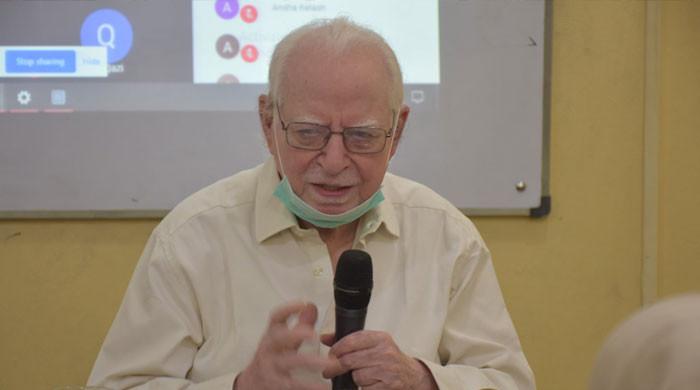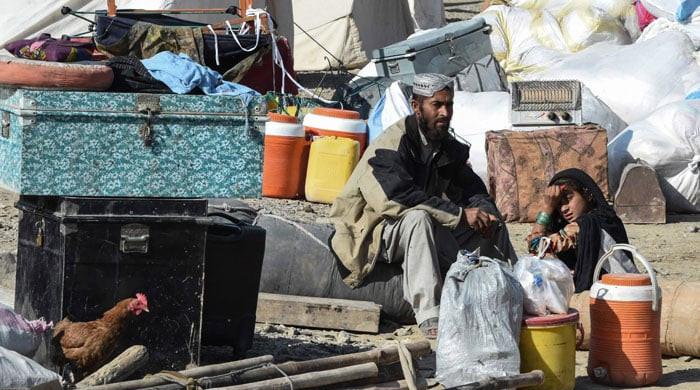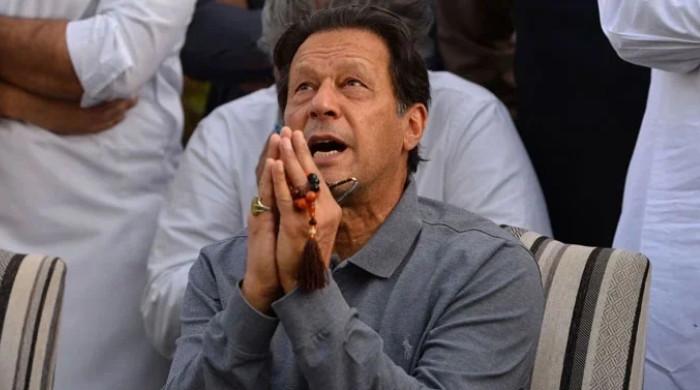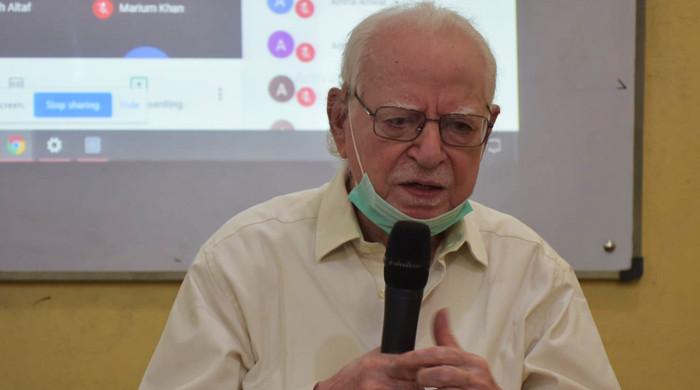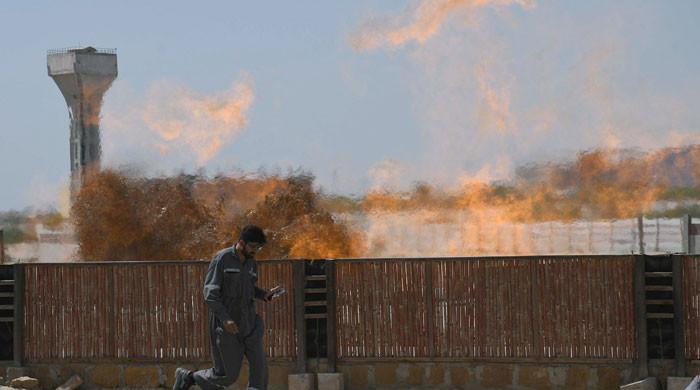KP govt temporarily suspends Peshawar BRT service
BRT service suspended after 3rd bus erupts into flames
September 16, 2020
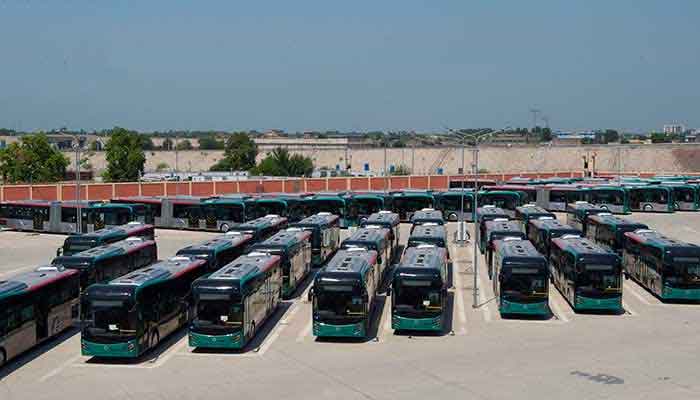
PESHAWAR: The Khyber Pakhtunkhwa (KP) government on Wednesday suspended the Peshawar Bus Rapid Transit (BRT) service temporarily, as it conducts a technical review of the project's buses for safety purposes.
"A fresh review of BRT's buses will be held," said Spokesperson TransPeshawar Muhammad Omair. "The safety of the passengers is the institute's topmost priority," he added.
He said that a detailed review of the buses will be conducted by the company that manufactured them, adding that an investigation was also being carried out to determine why two buses of the project had caught fire earlier.
"A comprehensive investigation and inspection of all buses will be conducted," he said. "The BRT service will be restored after it is completely cleared [from defects] from all technical angles," added the spokesperson.
He said that the decision had been taken in the larger interest of Peshawar's citizens.
Three BRT buses have erupted into flames
Another bus of the BRT project — travelling on Hayatabad's feeder routes — caught fire today (Wednesday), making it the fifth one in total to have broken down while the third to have erupted into flames.
According to rescue officials, passengers inside the bus were taken out from the vehicle without any harm coming to them.
Before this incident, another BRT bus caught fire near Gulbahar Station, local media had earlier reported. According to eyewitnesses, the bus caught fire just as soon as it arrived at the station.
There were passengers inside the bus when it caught fire, however, they managed to escape just in time. Rescue 1122 was called to the site and the fire was doused.
The Peshawar BRT, one of the flagship projects of the government, was launched on August 13. The project was completed at a cost of Rs69 billion in 36 months.




